|
What was a good question you asked today? Says the mom.
Our goal today is for the class to ask three "umm" questions. Says the teacher. Learning is about the questions you ask, not about the facts you have memorized. What are "umm" questions? "Umm," questions are questions that make the teacher go, "umm, that's a good question." "Umm," questions show that students are thinking deeply about the topic. "Umm," questions are tough to answer and sometimes take the class off track (those darn pacing guides). If you have ever been around a toddler or preschool-aged child, then it is very likely you have been barraged with a plethora of questions. They are so curious. Yet as a middle school teacher, I have noticed that curiosity seems to have disappeared (at least during class). Where did the wonder at the world go? IMO the world (school) has beaten the questions out. "Don't ask questions — that was the first rule for a quiet life with the Dursleys." ― J.K. Rowling, Harry Potter and the Sorcerer's Stone Teachers often are like the Durselys. The reasons include but are not limited to staying on pace with district expectations, preparing for the end-of-year exams, and the fear of the room devolving into a lord of the flies type anarchy. In a world of Google and Siri, students (all of us really) need to do more than memorize facts. The facts are at our fingertips. "My investment of time, as an educator, in my judgment, is best served teaching people how to think about the world around them. Teach them how to pose a question. How to judge whether one thing is true versus the other." – Neil deGrasse Tyson What are you doing to encourage your kids (either personal or students) to ask more "umm," questions? Are you asking "umm," questions yourself? Like the mom, instead of asking, what did you do today, try asking what is a good question you asked in class. Like the teacher give at the start of class, give your students an "umm" question goal. And don't let those good questions fall by the wayside. Be okay with giving time to "get off task". Remember, "It is not the answer that enlightens, but the question." – Eugene Ionesco.
1 Comment
The current episode of Star Talk is about a interesting tool, that could have the ability to improve how we consume news. Neil and Chuck (yes I am on a first name basis with them) interview Max Tegmark: a physicist from MIT and the developer of ImproveTheNews.org. This open source site allows/ encourages the reader to "choose your news diet the way you aim to choose your food: deliberately rather than impulsively" with the use of sliders. The video (about 5 minutes) explains how to use the website. I also encourage you to give this episode of Star Talk a listen as the guest speakers do a much better job explaining the current issues with news and journalism than I could.
I believe ImproveTheNews.org could be a great asset to students and teachers in the classroom. How could you implement this tool? The school year continues to roll onwards, and great things are happening in Qingdao. Yesterday we held the annual international day festival on our campus. Every year the festivities seem to get better. An international day is an excellent opportunity for the students, teachers, and their families to get together and enjoy one another outside of the formal classroom setting. There were multiple performances and musical acts including the QISS rock band (if you would like to see this year's performance just ask me for the link). In addition to booths from businesses and restaurants from Qingdao, and family and teacher booths, this year the committee encouraged students to try their hand at marketing and have for-profit booths. It was great to see students excited about selling bubble tea, stationery from Japan, and screen-printed tee-shirts. Some students at the end of the day realized that their business was not profitable. This was a real-world application of various skills. What better way to understand business than to do business. The day was a day of learning and fun.
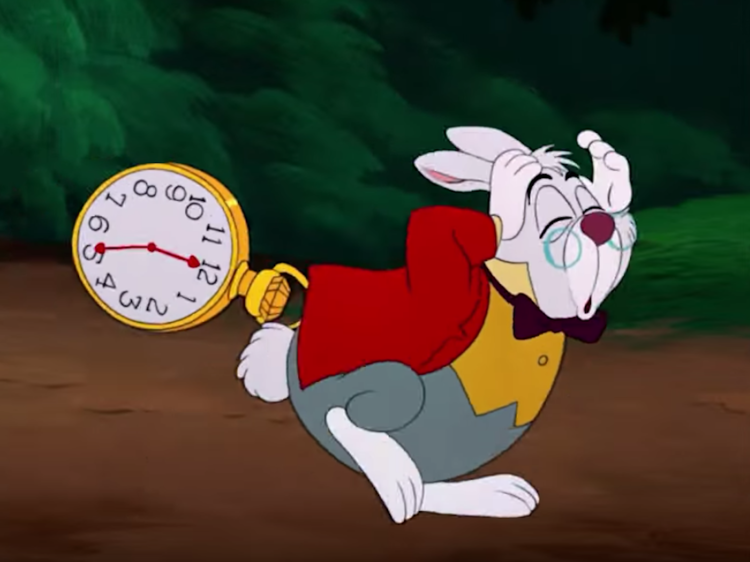 Five weeks into the school year, and I am just making my first post. Not to make excuses, but the start of this school year has been particularly hectic. I have taken on additional leadership roles within my school, and I am teaching a course I haven't taught in a couple of years. On top of the aforementioned professional changes, my personal offspring is dual enrolled at SCAD (Savannah College of Art and Design). I wouldn't wish any of these opportunities away but golly gee more times than not these past five weeks have been challenging. As professionals and parents, we often seek (or even demand) the benefit of the doubt when you are dealing with difficult situations. How often as a teacher have you been late with report card comments, or you didn't call a parent back within 24 hours. Or maybe you are the teacher who has to run to the copier during the passing period because you forgot to make copies for your afternoon class. I know I am guilty of at least one of these things. Why do we as adults leave little room for mistakes to happen in our classrooms when we (at least me) make mistakes all the time. Mistakes: missing a deadline, not fulfilling the criteria, or failing to attempt the assignment should be a jumping-off point for learning to happen. And while sometimes that learning is content-based in my experience, it is often more important to facilitate kids in discovering methods to help them deal with the high expectations. Learning new processes on top of learning new information can be both exciting and frustrating. As a professional adult person, I sometimes need a break or a helping hand to deal with new challenges. I sometimes want to quit, or I sometimes need to vent, but that does not mean I am a bad, lazy, terrible teacher. If you have a student who is struggling to meet the expectations, remember they are not bad, lazy, or terrible either. They are learning. They are a senior in high school who is taking two online college courses and needs to learn how to stay organized and how to navigate the online system. They are a grade seven student who is new to international schools and doesn't yet speak much English. They are a grade nine student who is new to high school and is participating in sports and other school groups. Yes, content is important but building students up by teaching them skills to help them become a better student, and a better human is even more important. Why do we have grades? How often do teachers say the students don't care about an assignment unless they receive a grade? Are grades are for the students and their success or are they for the adults? Have you had parents call concerned about students grades but not student growth? How many students have dropped out of school because they will never be able to make the grade? For learning to happen students have to be awake and engaged. Are grades the answer to getting and keeping my students engaged? Students will often ask is this a grade? The implied meaning being that if it is not graded, then the assignment or activity is not essential. When students are given a choice, they ask which option is the easiest? The hidden message: I will do the easier one not because I am lazy but because I want to ensure I get the best grade possible. Many teachers engage in "gotcha you grading," pop quizzes to prove that students are not prepared, or trick questions. But why? I thought school was about learning, but the longer I am a teacher, the more I come to understand that school is about grades. Students beg for good grades (an A+ please) and teachers and parents pester students about grades (that should be an A+). What do grades measure? The ability for students to memorize and follow instructions? Time management? When students fail to make good grades, I hear adults say that student is _______ (insert negative adjective: lazy, careless, dumb, stupid). I want to venture that it is not the student nor the fact that they are lazy, dumb, etc. but the supposition that grades motivate all students. Maybe there is a better way to ensure that students come to class prepared. Could school work with grades? Or is the only way to engage with students by slapping a number in red pen on the paper? Without grades what would teachers and students focus on? Some schools and schools districts are moving in that direction. At Brooklyn's Middle School 442, students and teachers are focused on ensuring students are mastering the material, there is no "C or a D for a lazily written term paper. There is no failing. The only goal is to learn the material, sooner or later." As a teacher, I want to ensure that I can help every student I teacher to grow as a student and to meet every milestone. I hope that the field of education one day gets to a place where the importance is placed not on the grade but on the student and their learning. https://www.understood.org/en/community-events/blogs/the-inside-track/2018/05/29/no-grades-no-grades-what-happened-when-this-new-hampshire-school-did-away-with-them
https://www.nytimes.com/2017/08/11/nyregion/mastery-based-learning-no-grades.html What is the purpose of education in the 21st century? What is the best way to ensure that students are not only prepared to take on global issues but are working currently to solve current local and global problems? How does a teacher know that they have been successful? Success looks like students who are willing to take risks and teachers who are willing to place the learning back in the hands of the students, giving the students the opportunity to solve problems they are facing, to display their passion, and who are excited about learning. Teachers at QISS strive to use multiple methods to access student learning including the yearly science fair and other quarterly showcases of student learning called key assignments (KA). While students are displaying high achievement as measured by the current expectations and opportunities, some of these projects lack student agency. In the article "What is student agency?" Margolis, states that giving students more agency over their learning builds skills such as perseverance, creativity, confidence, curiosity, and leadership skills (2016). Not only are these skills developed when students direct their learning, but positive effects for both teacher and student are increased: an increase in critical thinking and problem solving, being able to connect content to their own lives, teachers are able to reach every student, and teachers can help students learn how to think not what to think. According to John Hattie (2012) to truly have a positive impact on student achievement, teachers and schools should focus on the methods that are best at increasing student outcomes. Through years of research, he has ranked factors by the effect size they have on student outcomes. A method with an effective size of 0.4 or higher is said to have a high level of effect on student achievement. Towards the top of list of factors that influence student achievement include self – efficacy (effect size: 0.92), the belief in one's ability to succeed in specific situations or accomplish a task, seeking help from peers (effect size: 0.83), effort (effect size: 0.77), student self reflection and evaluation (effect size: 0.75), and deep motivation (effect size: 0.69). Many competitive colleges and universities are changing the requirements and expectations for incoming students. Harvard, which consistently ranked as one of the top five best universities, lists the following as questions admissions officers think about when looking at potential students: Do you have initiative? Are you a self-starter? What motivates you? What have you learned from your interests? What have you done with your interests? How have you achieved results? With what success or failure? What have you learned as a result? What is the quality of your activities? Do you appear to have a genuine commitment or leadership role? A passion project also called innovation project, inspiration project, or genius hour is the opportunity for students to engage in learning topics and content that is interesting to them. This concept is said to have started at Silicon Valley giant Google. The search engine company allowed and encouraged its engineers to spend 20% of their time working on a personal pet project. Many companies would balk at allowing their employees time to work on personal projects feeling like it would be a waste of time and company resources. In the years since Google has implemented this change, 50% of the company’s new products have come from this time. This concept could easily be translated to students. Innovation projects would allow students to meet the newly changing requirements of the world’s top universities. With the implementation of innovation projects, students are more likely to make connections to the real world and more likely to take on global and local issues. Teacher collaboration would happen more often and more naturally between subject areas as evidenced by teachers mentoring students, and students would also be able to see the interconnectedness of the curriculum. As Stevens (2018) says, learner agency allows learning to move from “Do as I say, to based on your needs, let’s co-develop and implement a plan of action together.” Ali Student Editor, A. (2016, July 22). The 10 things university admissions officers look for in students' applications. Retrieved July 4, 2018, from https://www.independent.co.uk/student/into-university/applying/tips-on-applying-to-university-through-ucas-clearing-adjustment-what-to-write-a7150121.html Hattie, J. (2012). Visible Learning for Teachers: Maximizing Impact on Learning. New York, New York: Routledge. Margolis, A. (2016, March 23). What is student agency? Retrieved July 4, 2018, from https://inspiredteaching.org/what-is-student-agency/ Stevens, J. B. (2018, February 22). Learner Agency: Pushing the Boundaries of Educational Possibilities in the Digital Age. Retrieved July 4, 2018, from https://pllc.fi.ncsu.edu/2018/02/22/learner-agency-pushing-the-boundaries-of-educational-possibilities-in-the-digital-age/ CategoriesAs the first quarter comes to a close, I find myself stopped in the hallway by students who are looking for an increase in their grade. The majority of these students have shown that they understand the standards and concepts and have C's, B's or even A's to prove it. But for some of these students, anything less than an A plus is a sign of failure. Today I had a discussion today with one of my classes about the meaning of success. For them, success meant getting into a good college (top ranking) and having a high paying job as an adult. They were surprised that even top-ranking Harvard accepts students who haven't made all A's and having a perfect SAT score isn't required to get into Yale (below I have linked an article "Why a Perfect SAT Score Can Keep You Out of Harvard"). Colleges and universities are looking for students who are creative and have a passion for learning (not just remembering). School is about so much more than what your grade is on a test or report card. Unfortunately for most students grades are still apart of the equation, but as a teacher, I strive to help my students develop those soft skills (organization, time management, the ability to have a discussion, etc.) that will help them be genuinely successful human beings. I work to engage my students in more discussion about the importance that should or should not be attached to grades. I want my students to be lifelong learners not forever grade attainers.
For the second quarter, I am implementing a required sign up a system for students wanting to meet about grade concerns. My hope is twofold with this one that this system will require students to stop and think about any request for grade adjustments and two when we do meet I will have more opportunities to discuss the relative unimportance of grades. |
Jamie HartA teacher from the United States of America, currently teaching abroad. I teach science to middle and high school students. I enjoy reading and doing nerd things. Archives
April 2023
Categories
All
|
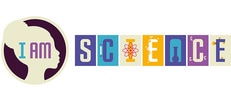

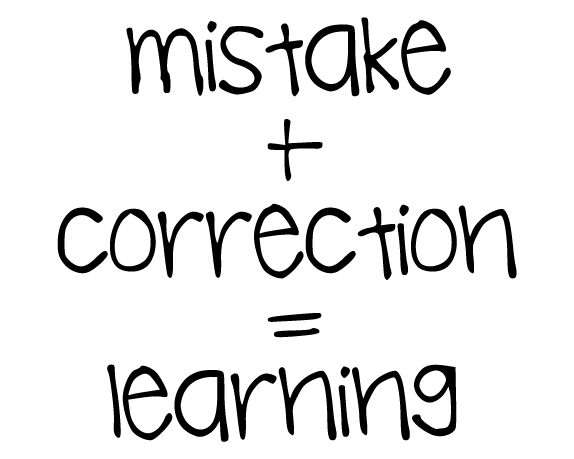
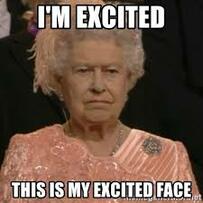

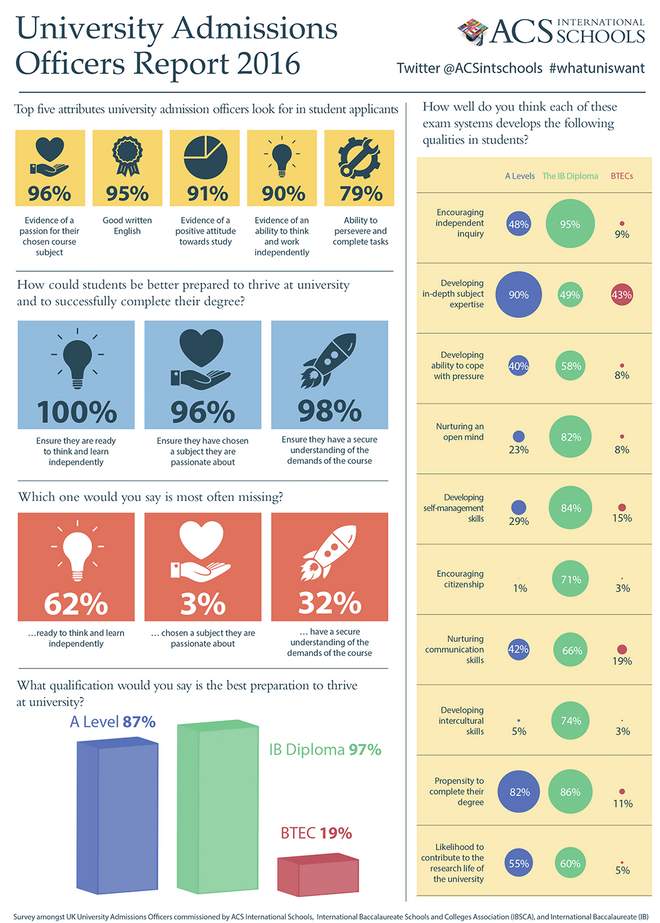
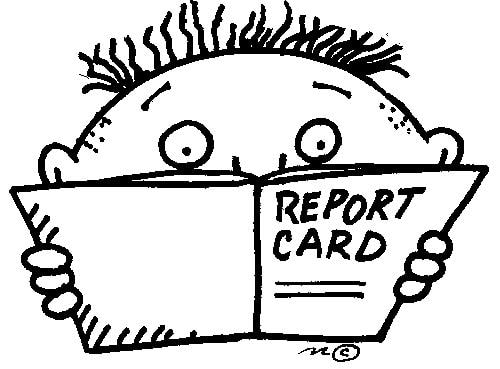
 RSS Feed
RSS Feed
